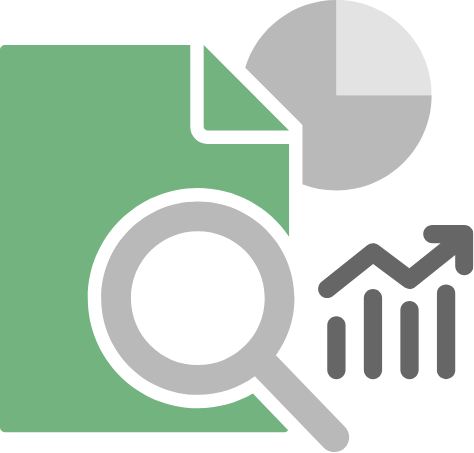
About Revaluation
Every four years, Wake County revalues real estate to ensure all properties are valued and taxed equitably. Real estate revaluations are required by law in North Carolina, and they set the tax value of all residential and commercial land and structures such as homes, office buildings, stores, and farms. They do not include what is classified as individual personal property, such as vehicles, boats, airplanes, and business equipment, which are valued annually.

Because property values don’t all go up or down at the same rate, revaluations make sure each property’s assessed value reflects its fair market value, or the most probable price a property would bring at sale in a competitive and open market. Because property taxes are based on a property's market value, if counties didn’t conduct periodic revaluations, some property owners would pay more than their share of property tax while others would pay less than their share.
Property taxes are determined by two factors: a property’s assessed value, and the tax rate per $100 of value set each year by elected county and municipal officials. Property tax is Wake County’s largest source of revenue. Revaluations ensure that property owners pay their fair share of property taxes which go on to provide services like public education, emergency medical services, public health, law enforcement, affordable housing, and other community services.
Revaluation Timing

In North Carolina, counties must conduct a revaluation once every eight years. But in 2016, recognizing Wake County's rapid growth, the Board of Commissioners voted to shorten the revaluation cycle to every four years. Rates from the first four-year cycle went into effect on January 1, 2020. The current revaluation has an effective date of January 1, 2024.
Revaluation Process
There are four main steps in a revaluation: neighborhooding, land and building pricing based on sales data, field and office reviews, and notice of assessment and appeal review.
Neighborhooding

Neighborhooding is where the county’s approximately 425,000 parcels are divided into about 5,100 neighborhoods based on similar market, economic, and geographic conditions, such as a subdivision where homes are all about the same age, style, and quality of construction. These properties are reviewed together because they typically react to the market in similar ways.
Land and Building Pricing

In the land and building pricing phase, property sales of both homes and land are analyzed to establish appropriate land values, building grades, and the influence of various property characteristics.
Field and Office Review

In the field and office review phase, appraisers review the proposed rates by visiting neighborhoods and properties around the county. The rates and value ranges established by these analyses are compiled into the Schedule of Values (SOV). The Wake County Board of Commissioners must approve the SOV created by the Department of Tax Administration before it becomes effective.
Notice of Assessment and Appeal Review

The results of the revaluation are presented to the Board of Commissioners and value notices are mailed to property owners. Taxpayers can appeal their values informally to the Department of Tax Administration or formally to the Wake County Board of Equalization and Review. Once appeals are heard, the County prepares lessons learned from the revaluation process and begins the next revaluation cycle.
Watch to learn more about how our team conducts revaluation:
What's Next
- January 18, 2024: Property owners should start to receive notices in the mail of their new assessed value
- March 1, 2024: Deadline for property owners to submit requests for informal review of assessed value to Tax Administration.
- April 24, 2024: Board of Equalization and Review convenes for 2024
- May 15, 2024: Deadline for property owners to file a formal appeal to the Board of Equalization and Review
- Through Fall 2024: Board of Equalization and Review considers all timely filed formal appeals
